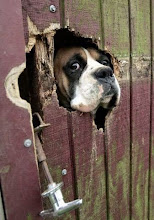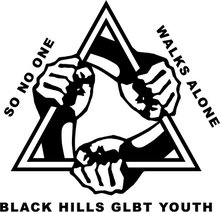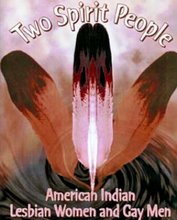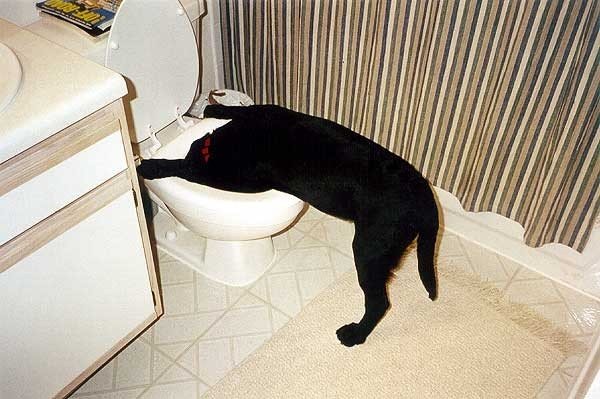Peter Tatchell 4/28/2008 0:00:00
Jamaican AIDS activist, Steve Harvey, was shot dead by a gang of men who burst into his home in late 2005. Soon afterwards, Nokia Cowen drowned when he jumped into Kingston harbour to escape a violent homophobic mob. A few weeks later, Jamaica’s trade ambassador Peter King was found dead with his throat slashed and multiple stab wounds. Then the mutilated bodies of two lesbians were found dumped in a septic pit behind the house they shared.
Homophobic violence is routine in Jamaica—a supposed parliamentary democracy—according to Human Rights Watch and Amnesty International. Lesbian, gay, bisexual and transgender (LGBT) victims of hate crimes seldom get justice. Police sometimes ignore anti-gay attacks and abuse, threaten, beat and arrest the gay victims.
What is happening in Jamaica is the tip of a global iceberg of homophobic persecution. More than 70 countries continue to outlaw homosexuality, with penalties ranging from one year’s jail to life imprisonment. Six Islamist states impose the death penalty, including Saudi Arabia, Iran, Sudan and the Yemen. In some provinces of other countries, such as Nigeria and Pakistan, Islamic Sharia law is enforced and lesbians and gays can be stoned to death. Under the new post-Saddam "democratic" Iraqi penal code, people who murder gays and lesbians to defend the "honour" of their family are exempt from punishment.
No international human rights convention acknowledges sexual rights as human rights. The right to love a person of the same sex is not specifically recognised in any international law. There is nothing in UN conventions that explicitly prohibits homophobic discrimination and protects LGBT people. Indeed, an unholy alliance of the Vatican and Islamic states has repeatedly blocked initiatives by Brazil and other countries to condemn queer-bashing violence and discrimination.
Only in the last decade or so has the European Convention on Human Rights (ECHR) been interpreted to outlaw discrimination on the grounds of sexual orientation. Since the late '90s, for example, British LGBT citizens have cited the right to privacy and anti-discrimination clauses of the ECHR to successfully challenge centuries-old anti-gay legislation. Our victories forced the UK government to repeal the unequal age of consent for gay men, homophobic sexual offences laws and the ban on lesbians and gays in the armed forces. ECHR judgments also successfully pressured Romania and Cyprus to decriminalise homosexuality.
There are 192 member states of the UN. So far, only a handful of these have repealed all major legal inequalities against LGBT people: the Netherlands, Belgium, Spain, France, Germany, Denmark, Sweden, Norway, Finland, Canada, New Zealand and, very recently, the UK.
Read more:
Subscribe to:
Post Comments (Atom)
















No comments:
Post a Comment